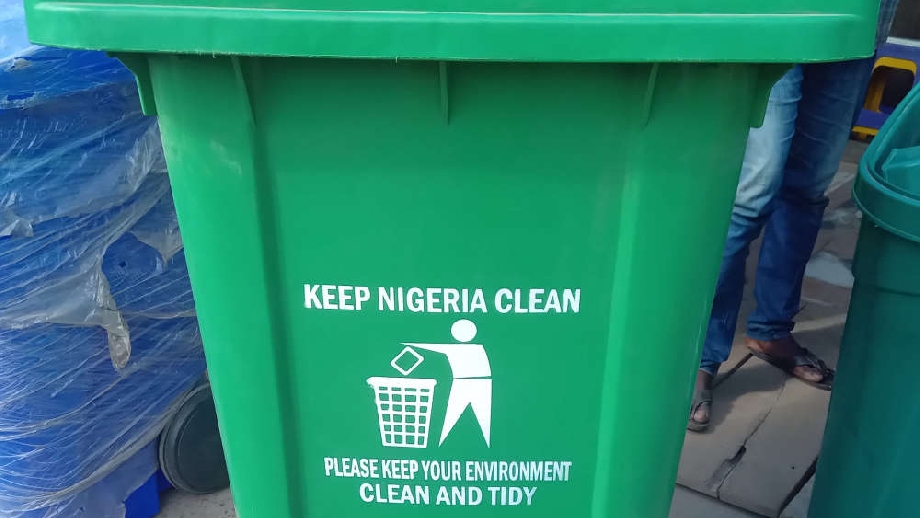
As the world marks International Day of Zero Waste, passionate environmental advocates in Nigeria are stepping forward with vital insights on how the nation can embrace a zero-waste future.
Climate blogger Munir Adams emphasizes a crucial first step: transforming our cultural relationship with waste. Drawing a contrast with Japan's culture of personal responsibility for litter, Adams points out a prevailing attitude in Nigeria where waste disposal is often seen as someone else's job. He argues that this mindset hinders progress and misrepresents our true potential. Adams passionately calls for an end to our reliance on single-use plastics and nylons, championing reusable alternatives like tote bags and water bottles as cost-effective and environmentally sound choices.
Furthermore, Adams stresses the urgent need for robust public-private partnerships to establish and maintain essential waste management infrastructure. Accessible dust bins, recycling facilities, and upcycling initiatives are vital to support and sustain positive waste management practices across the country.
Echoing this call for systemic change, fashion environmentalist Ikeoluwa Adebisi sheds light on the significant role of the fashion and textile industry in achieving zero waste. Speaking on the theme "Towards Zero Waste in Fashion and Textiles," Adebisi highlights the dynamic nature of Nigeria's fashion scene, where design is a popular vocation. However, she also addresses the global issue of fashion waste, with vast quantities of clothing ending up in landfills due to overproduction, fabric waste during cutting, and product defects. The environmental consequences are far-reaching, from the slow decomposition of textiles to the pollution of water sources by dyes and chemicals, the greenhouse gas emissions from synthetic materials, and the immense consumption of water, energy, and raw materials.
Adebisi urges fashion brands to adopt sustainable practices, including on-demand production to avoid overstock, modern design techniques that minimize fabric waste, and the use of environmentally friendly materials like linen, cotton, or silk. She also champions innovative models such as upcycling textile waste and the consignment and resale of clothing.
Addressing consumers directly, Adebisi cautions against the allure of fast fashion – the constant cycle of cheap, trendy, and low-quality clothing that encourages frequent purchases and disposals. This model fuels textile waste and raises ethical concerns about labor practices. Instead, she encourages fashion enthusiasts to embrace mindful consumption: shopping less, investing in quality pieces from Nigerian brands, and creatively restyling existing garments instead of discarding them.
These voices underscore that achieving zero waste in Nigeria requires a multi-pronged approach, tackling both individual habits and systemic changes within industries. On this International Day of Zero Waste, the message is clear: a sustainable and waste-free Nigeria is within reach through collective action and a fundamental shift in how we perceive and manage our resources.


